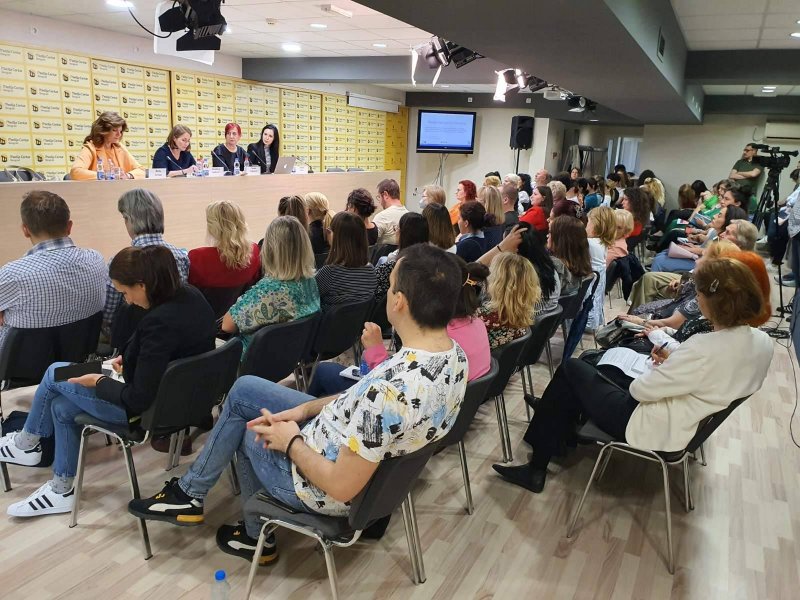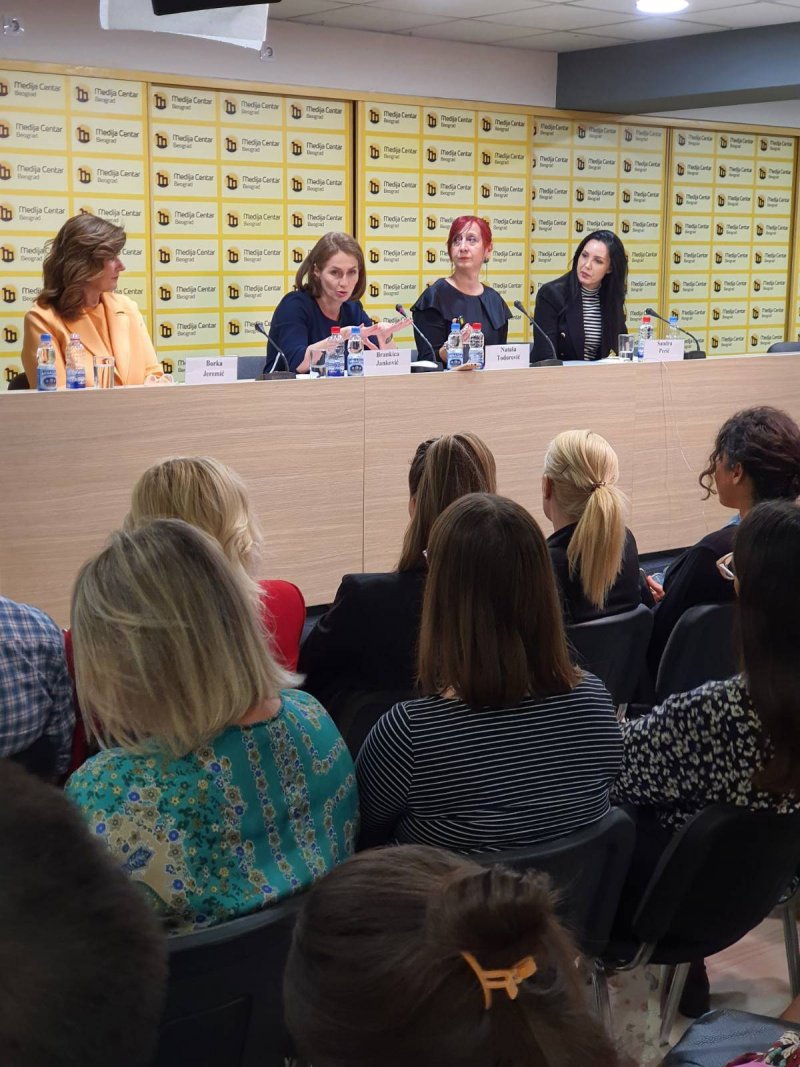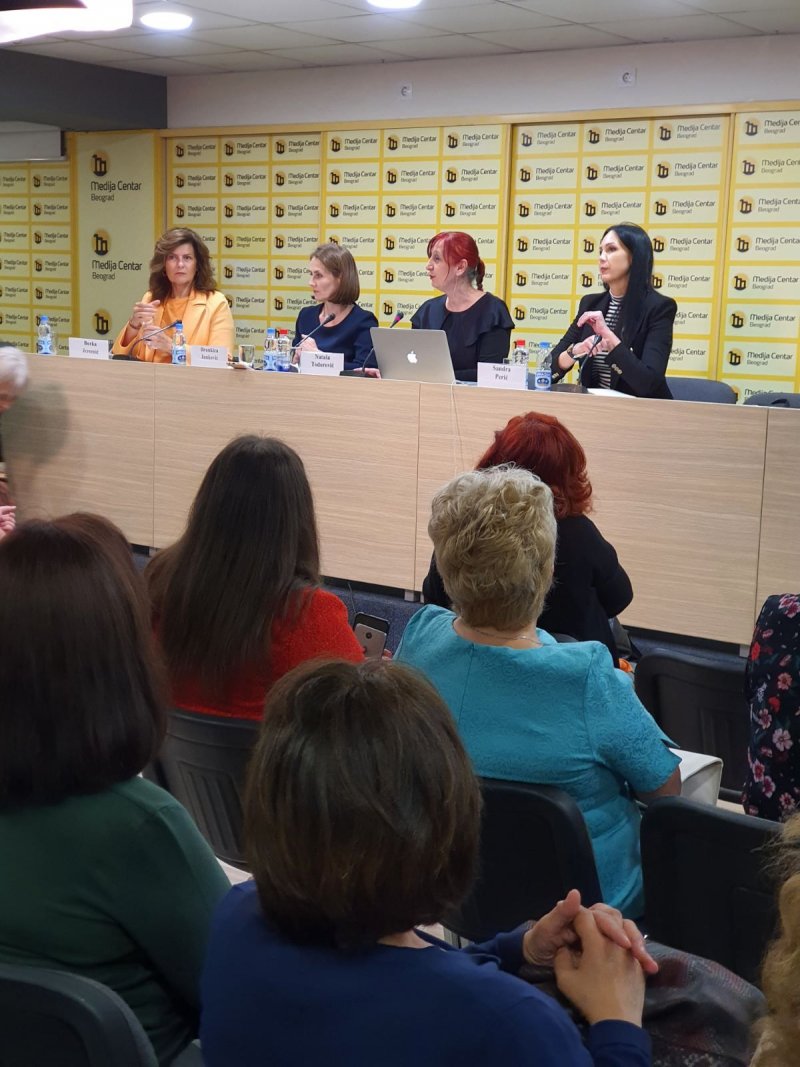The elderly often face violence, abuse and neglect, and loneliness, health condition or dependence on other people’s help makes them especially vulnerable to these risks, said Commissioner for the Protection of Equality, Brankica Janković, at the meeting “Closing the circle: solving gender-based violence in the elder age – answers based on public policies, laws and evidence” held on the occasion of the the World Elder Abuse Awareness Day, organized by the Serbian Red Cross.
The Commissioner pointed out that the patriarchal model of family relations, the intergenerational transmission of violence, as well as a number of other socio-economic factors , especially poverty, the negative effects of social transition, changes in lifestyles and family structure, demographic changes, lack of understanding, ageism as a more and more common form of discrimination and stigmatization of the elderly, contribute to the fact that gender-based violence affects women throughout their entire life cycle. Also, the fact that violence is more visible does not mean that there is more of it, but that it is reported more often, which was certainly to be expected, given that a lot has been done in the system of protection against violence, primarily in the field of legislation, from the ratification of the Istanbul Convention, to amendment of our domestic legislation, such as the adoption of the Law on Prevention of Domestic Violence.
According to data from the Serbian Red Cross, 16 percent of older women aged 65 to 74 experienced some form of violence after turning 65. At the conference, a series of educational videos was shown on the care of functionally dependent persons, created within the project “Innovative services for the elderly in local communities” (I-CCC), which is implemented with the financial support of the European Union and the Austrian Development Agency ADA.
Incidentally, the Commissioner has been continuously dealing with the problem of discrimination against the elderly for many years, and thus in 2021 a Special Report on discrimination of the elderly was presented to the National Assembly, and five surveys and publications have been produced since 2016, in cooperation with partners, the Red Cross of Serbia and UNFPA.








